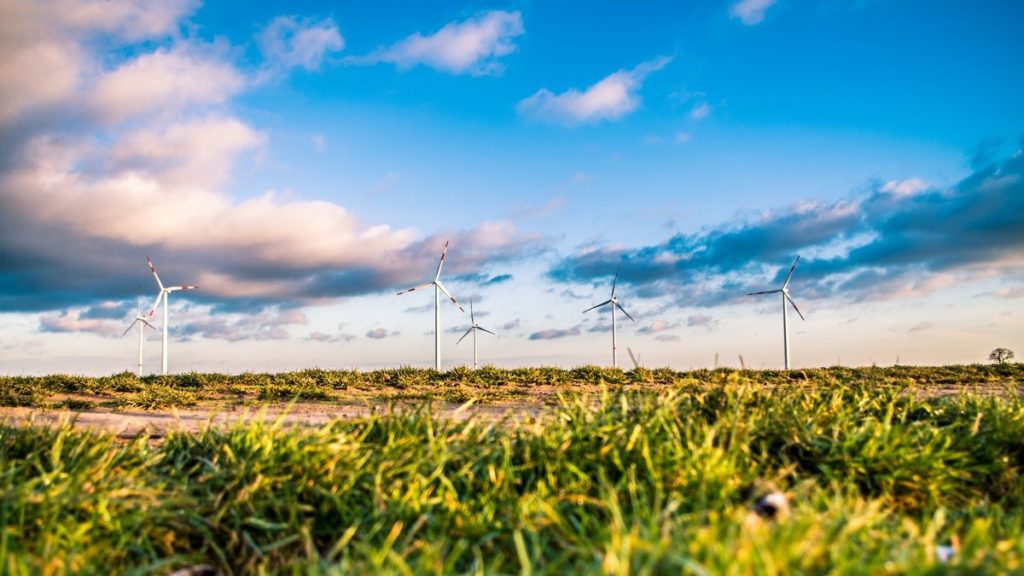The Brussels Times recently highlighted the problems that could come from rising energy prices. They could threaten EU industrial competitiveness, erode workers’ purchasing power, bring more citizens into poverty, and possibly fuel inflation.
There is no doubt that there are considerable problems in the energy sector, but it is worth considering them in a broader context. You could say that it was the energy sector that gave birth to the EU, through the Coal and Steel Community. It continued to be vital when the Treaties of Rome were signed in 1957, one of which created EURATOM, the European Atomic Energy Authority.
Energy issues were at the heart of what became the European Union from the beginning, and they continue to be so. Was not one of Jean-Claude Juncker’s key priorities as the last President of the Commission the development of an ‘Energy Union’? And yet for all this, the EU seems to have made little progress in developing a common energy policy.
Compare another vital resource - food. Right from the beginning of the development of a Common Agricultural Policy, people argued that the EEC (as it then was) must be self-sufficient in food. Otherwise, it would have to import food, and that would make it dependent on others for a vital commodity. Though the CAP went through a period of over-production, it did ensure that the EEC and later the EU was roughly self-sufficient in food.
Another point about food was price volatility. Prices on the world market could fluctuate with good or bad harvests, disruptions to supply through war or for other reasons. If your food had to be imported, it made budgeting very difficult, since you were importing something whose price was bound to fluctuate.
In 2021 these are precisely the arguments that crop up in the energy field. On the one hand it is pointed out that depending on others to import supplies (for instance) of natural gas makes the EU politically vulnerable. On the other hand, it is pointed out that oil and gas prices rise and fall more than other commodities and this makes budgeting difficult. Both points are as true in the energy field as they were in the agricultural field. But the EU remains an importer of most of its energy supplies.
Whatever the problems with the CAP (and there have been many), it is difficult in this context not to wish that a common energy policy had been developed with the same sort of thoroughness and determination. It should be possible. Yes, there are different forms of energy in the EU. Where I come from (the UK, now unfortunately outside the EU) you can get more from wave power than solar power. In the case of Spain, the opposite is true. But that shouldn’t make a common energy policy impossible, any more than the fact you can get more olive oil from Italy than from Denmark makes the CAP impossible.
Yet the energy field seems to be a subject of constant disputation between member states. Should this state have nuclear power or not? Should that state be able to keep burning coal? Should this state build a pipeline to a potentially unfriendly neighbour? Is that state’s grid being made inaccessible to some potential competitor in a way that flouts competition rules?
The arguments simply highlight the fact that a common policy on sourcing new supplies or even managing the existing network of supplies seems to be out of reach. In the meantime, climate change and its clear connections with the energy field make the constant bickering even more disruptive.
Viewed from this broader perspective, it is surely of paramount importance that the EU develops the common energy policy that supposedly brought it into being. It started with six countries putting aside their differences to pool access to coal and steel, the industries that had fuelled the Second World War. Seventy years later it is time to put aside differences in order to develop a common policy to meet its energy needs. The alternative is to be politically and economically in a much weaker position – as one or two neighbours in the East would be happy to point out.

